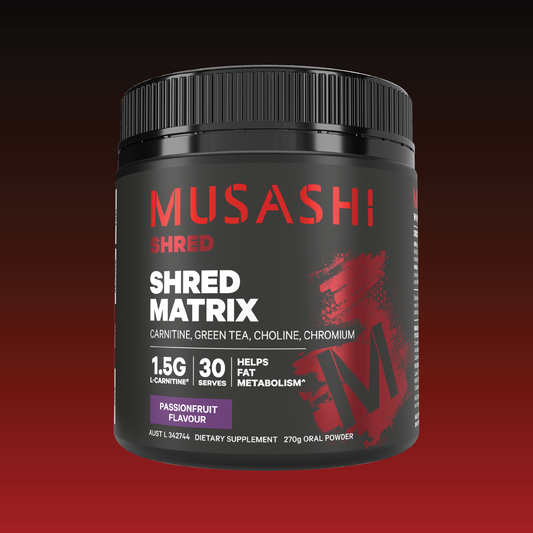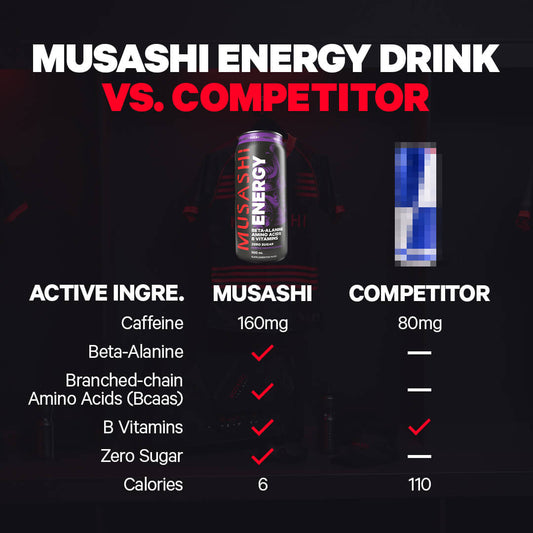
Carbohydrates are a fundamental component of an athlete's diet, serving as the primary source of energy for physical activities. They are essential for maintaining endurance, enhancing performance, and ensuring quick recovery. This blog delves into the different types of carbohydrates, their impact on sports performance, and introduces Suscarb™ as an innovative carbohydrate source for athletes.
Types of Carbohydrates
Carbohydrates are categorized into three main types: simple carbohydrates, complex carbohydrates, and fiber. Each type plays a unique role in energy provision and overall health.
Simple Carbohydrates
Simple carbohydrates, also known as sugars, are quickly absorbed by the body and provide an immediate source of energy. They can be found in foods such as fruits, honey, and dairy products. Athletes often consume simple carbohydrates during or immediately after intense workouts to quickly replenish glycogen stores and prevent fatigue. However, relying solely on simple carbs can lead to energy spikes and crashes.
Complex Carbohydrates
Complex carbohydrates consist of longer chains of sugar molecules and are found in foods like whole grains, legumes, and vegetables. They are digested more slowly than simple carbohydrates, providing a sustained release of energy. For athletes, incorporating complex carbohydrates into their diet is crucial for maintaining endurance and performance. They help in stabilizing blood sugar levels, thus avoiding the peaks and troughs associated with simple carbs.
Fiber
Fiber, a type of complex carbohydrate, is indigestible by the human body and does not provide energy directly. However, it plays a crucial role in maintaining digestive health and stabilizing blood sugar levels. Foods rich in fiber include whole grains, fruits, vegetables, and legumes. While fiber is essential for overall health, athletes need to balance its intake to avoid gastrointestinal discomfort during intense physical activities.
Carbohydrates and Sports Performance
Carbohydrates are vital for athletes because they are stored in the muscles and liver as glycogen. During prolonged or high-intensity exercise, glycogen is broken down to produce glucose, which fuels muscle contractions. Without adequate carbohydrate intake, glycogen stores become depleted, leading to fatigue and a decrease in performance.
Pre-Workout Nutrition
Consuming carbohydrates before a workout helps to maximize glycogen stores. A meal or snack rich in complex carbohydrates, eaten 2-3 hours before exercise, can enhance endurance and prevent early fatigue.
During Workout
During prolonged exercise, especially those lasting more than an hour, consuming simple carbohydrates can provide a quick energy boost. Sports drinks, gels, and fruits are common sources that help maintain blood glucose levels and delay fatigue.
Post-Workout Recovery
Post-workout nutrition is crucial for replenishing glycogen stores and repairing muscle tissue. Consuming a mix of simple and complex carbohydrates within 30 minutes after exercise can accelerate recovery and prepare the body for the next training session.
Introducing Suscarb™: A Superior Carbohydrate Source
Suscarb™ is a revolutionary carbohydrate source designed specifically for athletes. It combines the benefits of both simple and complex carbohydrates, providing a balanced release of energy. Unlike traditional carbohydrate sources, Suscarb™ is engineered to optimize glycogen replenishment without causing significant blood sugar spikes.
Benefits of Suscarb™ for Athletes
- Sustained Energy Release: Suscarb™ offers a gradual release of energy, ensuring that athletes maintain peak performance throughout their training or competition.
- Enhanced Recovery: The unique formulation of Suscarb™ aids in faster glycogen replenishment, reducing recovery time and muscle soreness.
- Reduced Fatigue: By preventing rapid blood sugar fluctuations, Suscarb™ helps in minimizing fatigue and sustaining energy levels.
- Digestive Comfort: Suscarb™ is designed to be gentle on the stomach, reducing the risk of gastrointestinal issues that can hinder performance.
Understanding the different types of carbohydrates and their roles in sports performance is essential for athletes aiming to maximize their potential. By incorporating a balanced mix of simple and complex carbohydrates, and considering innovative sources like Suscarb™, athletes can ensure they have the sustained energy needed to excel in their sport. Proper carbohydrate management not only enhances performance but also promotes quicker recovery and overall well-being





















































































